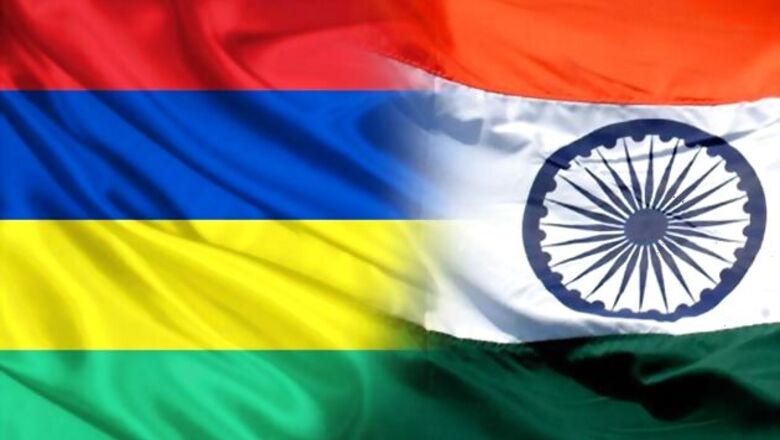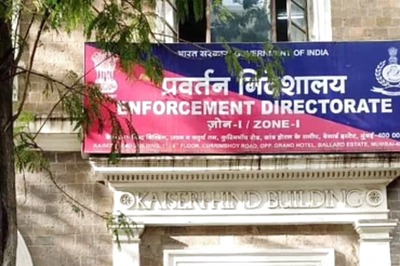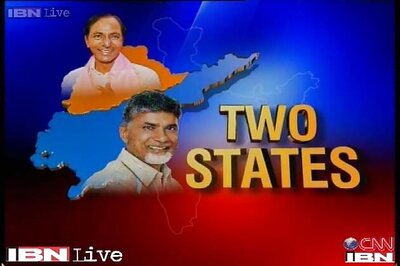
views
New Delhi: Mauritius on Friday expressed its readiness to expeditiously revise the tax treaty with India to check tax evasion but asserted that domestic laws should not have precedence over the provisions of the bilateral pact.
"We want earlier resolution because we do not want uncertainty, as instability and uncertainty is not good for both countries," Mauritius Minister of Foreign Affairs, Regional Integration and International Trade, Arvin Boolell, told a press conference here.
India has been exerting pressure on Mauritius to revise the Double Taxation Avoidance Agreement (DTAA) since 2006 to curb the menace of tax evasion by companies and foreign financial institutions registered in the island nation.
Although, the joint working group on the tax treaty have met seven times so far, no substantial progress has been made due to Mauritius' "unwillingness" to bring in safeguards to prevent the misuse of the tax treaty.
The joint panel would be next meeting from August 22-24 to iron out the differences related to DTAA revision.
"Once 'Limitation of Benefit' clause is embedded in the taxation treaties, we expect it to prevail and no domestic legislation should over-ride the treaty," Boolell said.
India is looking to implement General Anti-Avoidance Rules (GAAR) to prevent abuse of the tax treaty.
Boolell, who is on an official visit, met Prime Minister Manmohan Singh, senior ministers and Planning Commission Deputy Chairman Montek Singh Ahluwalia and discussed various issues, including DTAA revision.
On the issue of taxing capital gains by the island nation, Boolell said Mauritius would not impose any such levy and added: "Article 13 is sacrosanct".
Article 13 refers to the clause in DTAA, whereby, a company can avail the benefits of the treaty and pay capital gains tax only in Mauritius.
Companies are misusing this clause to avoid taxes since Mauritius does not charge capital gains levy.
India is seeking to rework the 'Limitation of Benefit' clause in the DTAA to ensure that shell companies are not used to route investments into the country from Mauritius in order to escape tax.
Some jurisdictions have norms such as a minimum level of investment and ceiling on turnover that has to be met by companies that get registered in those jurisdictions.
Boolell said that India should bring in clarity on defining commercial substance in the context of having 'Limitation of Benefit' clause in the DTAA.
Asserting that Mauritius is a "low tax jurisdiction", Boolell said everything has been done to curb round-tripping, which generally refers to re-routing of money by companies to avoid taxes.
"We are willing to listen to specific proposals from India to enhance co-operation as long as they are along internationally agreed laws and standards," he said.
According to him, Mauritius has shared tax-related information in over 170 cases.
"There have been effective exchange of information on 170 cases over three years between the two nations and some were even outside the framework of Double Taxation Avoidance Agreement (DTAA)," he noted.
On sharing of banking information, Boolell said, "Mauritius has been forthcoming to disclose certain privileged information".
Further, both countries today agreed to fast-track negotiations for the proposed preferential trade agreement (PTA) to deepen their economic engagement. Under a PTA, both the sides would reduce duties on certain agreed products.




















Comments
0 comment